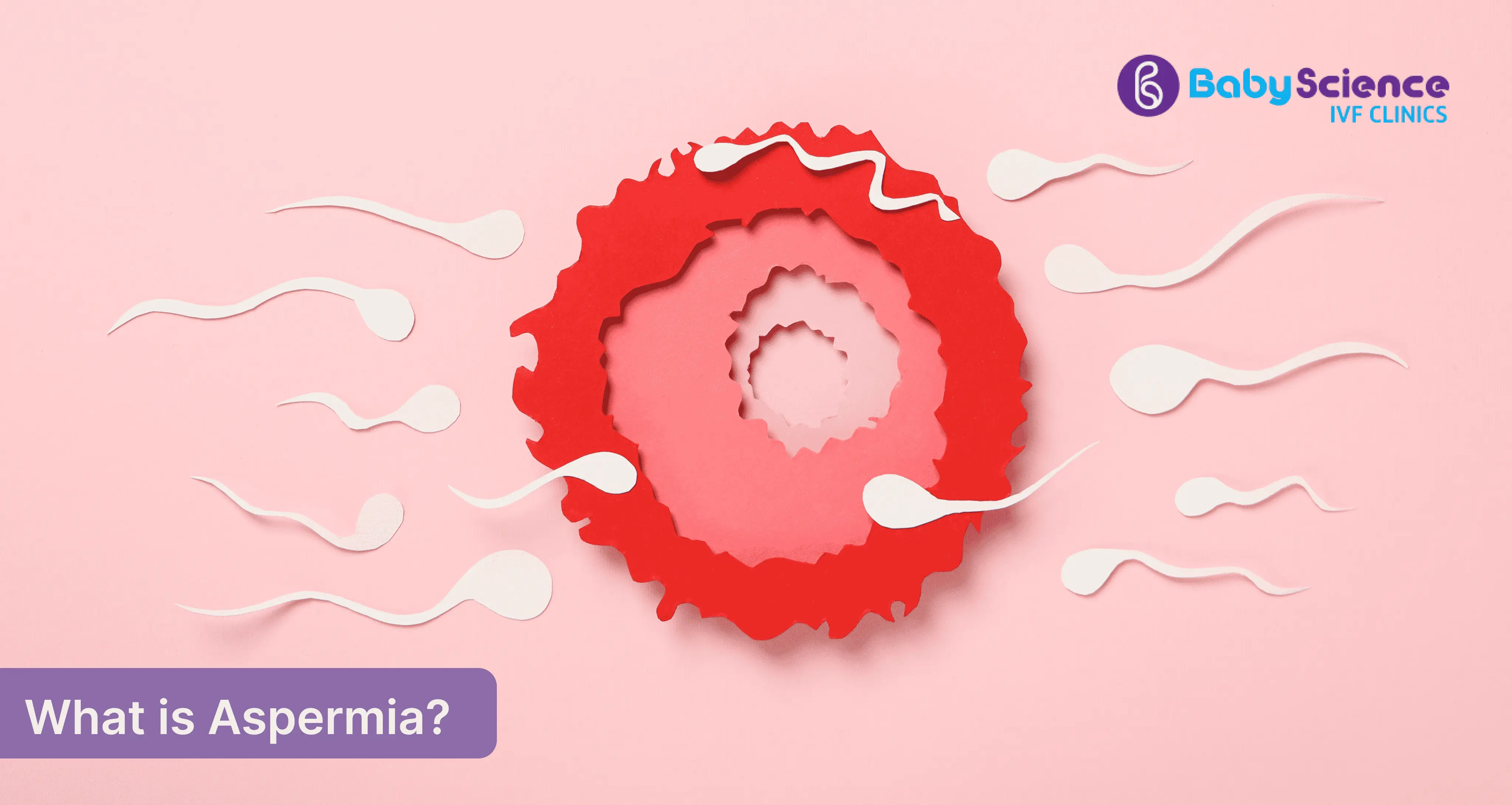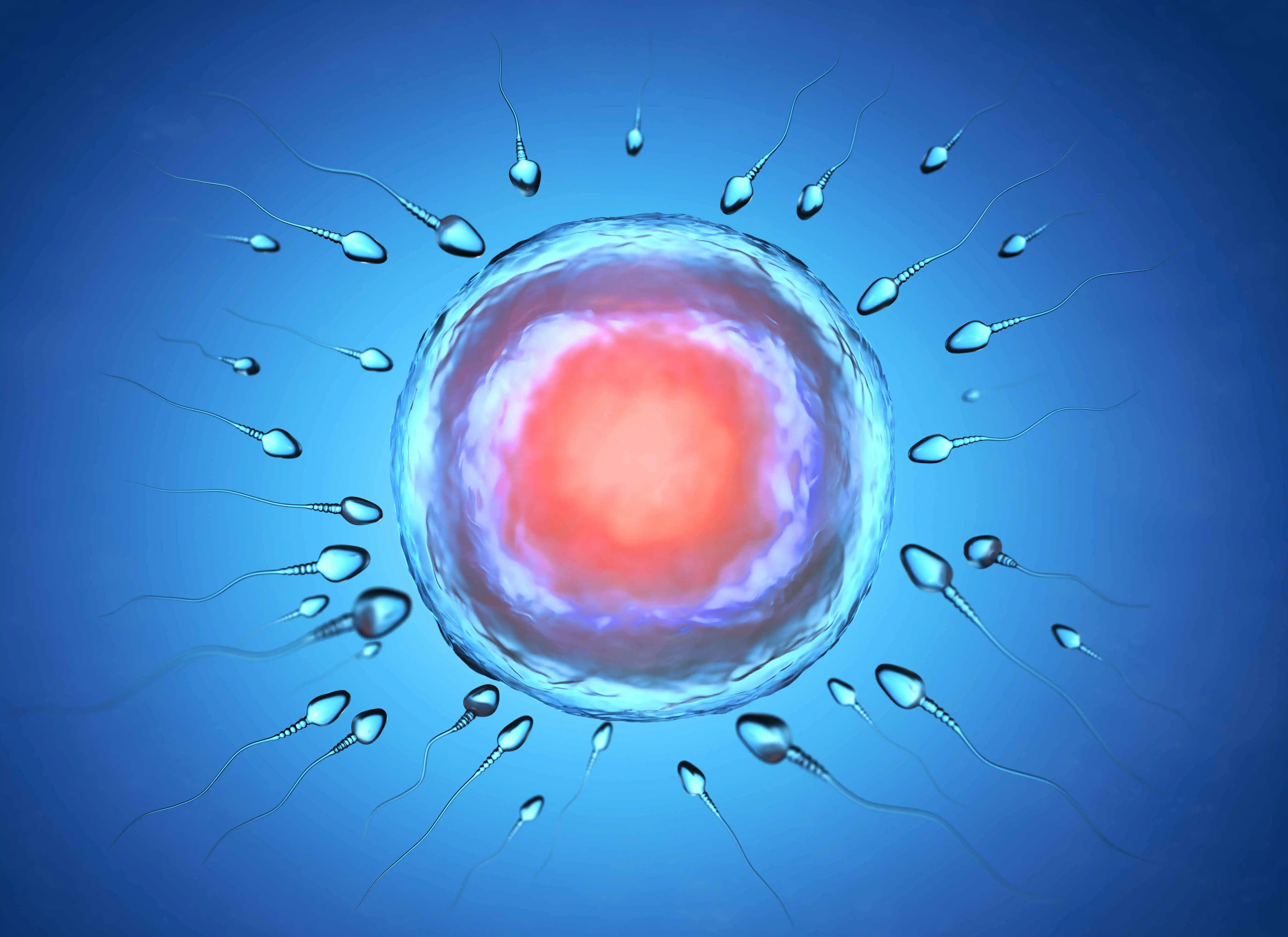
Aspermia is when male can't produce semen during ejaculation. It's different from azoospermia, where there's no sperm in the semen. Aspermia is a big cause of male infertility. Guys with this can still climax and feel like they're ejaculating, but no semen comes out. It's usually because of retrograde ejaculation or a blockage in the ejaculatory duct.
Understand difference between Aspermia and Azoospermia
| Aspermia | Azoospermia |
|---|---|
| Aspermia refers to the inability to release semen containing sperm during ejaculation, causing sperm to be trapped inside the body even though it's produced. | Azoospermia occurs when there are no sperm cells present in the seminal fluid, which can hinder fertilization even with a normal ejaculation. |
Who can get Aspermia?
Aspermia can affect anyone, but certain factors increase the risk. These include bladder or prostate surgeries, nerve damage, medications, neurological disorders, infections, and psychological factors like stress. Overall, aspermia often correlates with specific health conditions or lifestyle factors.
How Many Types of Aspermia?
There are two types of Aspermia:
- Primary Aspermia refers to a condition where individuals have never ejaculated semen containing sperm. This could be due to congenital issues or other factors that hinder the production or release of sperm.
- Secondary Aspermia occurs when individuals who previously had normal ejaculation later experience difficulties expelling semen. This can be caused by factors like nerve damage, surgeries, medications, or psychological issues.
Factors Contributing to Aspermia
-
Retrograde Ejaculation: Semen flows backward into the bladder due to nerve damage, medications, or bladder/prostate surgeries.
-
Ejaculatory Duct Obstruction: Blockages in the ejaculatory ducts, resulting from infections, surgeries, or congenital issues, obstruct proper semen release.
-
Psychological Factors: Stress, anxiety, and depression can induce temporary aspermia due to performance pressure.
-
Certain Medications: Certain drugs, such as antidepressants and antipsychotics, may cause aspermia as a side effect.
-
Neurological Conditions: Diseases such as multiple sclerosis, spinal cord injuries, and Parkinson’s disrupt nerve signals, leading to aspermia.

Symptoms of Aspermia
-
Dry Orgasm: When orgasm happens without semen being expelled.
-
Cloudy Urine After Intercourse: Semen mixing with urine can cause the urine to appear hazy during urination.
-
Pelvic Pain: Feeling discomfort in the groin, testicles, or perineum during or after trying to ejaculate.
-
Decreased Semen Volume: Even if some semen is ejaculated, there's notably less than usual.

How to Diagnose Aspermia
-
Medical History and Physical Examination: A comprehensive review of your medical background and a thorough physical exam are key steps in pinpointing potential causes and understanding the severity of the condition.
-
Semen Analysis: A semen analysis is an essential diagnostic test used to assess the presence, quality, and quantity of semen and sperm. It aids in understanding the severity and type of aspermia.
-
Nerve Evaluation: Testing the nerves involved in ejaculation is necessary. Any dysfunctions observed during ejaculation can provide valuable insights to experts, helping to understand the reasons behind Aspermia.
What Is the Treatment of Aspermia
-
Fertility Treatments: Assisted reproductive techniques such as in vitro fertilization (IVF) can be employed to facilitate pregnancy. In cases of retrograde ejaculation, sperm can be directly collected from the testicles or the urinary bladder to aid in the process.
-
Psychological Support: Aspermia can be influenced by stress, anxiety, and performance pressure. Counseling aimed at addressing these psychological factors can significantly enhance the condition.
-
Sperm Retrieval Procedures: Techniques like testicular sperm extraction (TESE) can be employed to gather sperm directly from the testicles for use in assisted reproductive procedures.
Frequently Asked Questions (FAQs)

If azoospermia is caused by hormonal issues or obstructive factors, it may be possible to regain fertility.

Azoospermia is a condition characterized by the complete absence of sperm.

Yes, aspermia can potentially indicate an underlying serious medical condition, especially if it is accompanied by other symptoms or abnormalities. It's essential to consult with a healthcare professional to determine the cause of aspermia and to rule out any serious underlying conditions.













